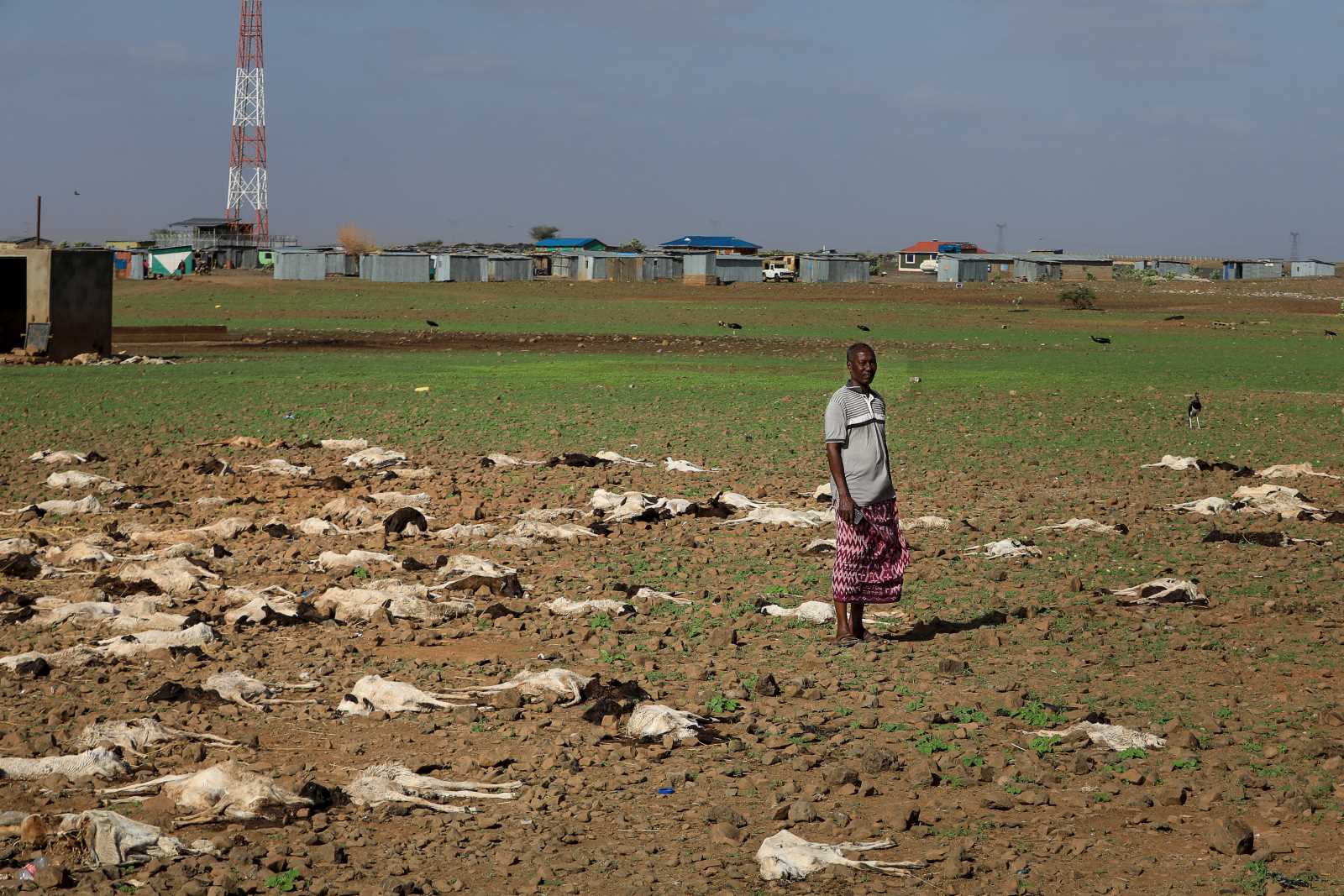Blog
Two-pronged global crisis

On their own, nation states will neither be able to contain the spread of the new corona virus conclusively nor to stimulate their national economy sufficiently. I will briefly deal with one issue after another.
The Covid-19 pandemic is teaching people around the world a lesson that we are not accustomed to. Protecting ourselves is the same as protecting others. If, as individuals, we do our best not to get infected, we keep a distance from others. By keeping that distance, we are also protecting others should we be infected ourselves without knowing it. We have a collective interest in slowing down and eventually containing the spread of the disease. We also share a collective interest in our health systems not becoming even more overburdened than many already are.
This is a global challenge. It is not enough to get a grip on the crisis in our own country. That will only be of very limited help if the Covid-19 crisis escalates devastatingly elsewhere. Sooner or later, that would mean that our own country is affected again. Borders can be closed temporarily, but they will hardly be closed completely, and it is impossible to prevent each and every illegal crossing. The worse a crisis gets, however, the more people will flee their home countries. Covid-19 is therefore a new global health-care challenge, just as SARS or HIV-AIDS were in recent decades.
The implication is that the international community must share relevant resources equitably. All countries must become able to test and treat patients. Attempts to monopolise control of medical goods produced in one's own country will only lead to bottlenecks, since most countries depend on imports for some of those goods. Some of them basically have to import everything.
Italy, so far the worst affected country in Europe, has been experiencing serious bottlenecks. It is a prosperous country with a comparatively strong health-care sector. Bottlenecks are affecting every country in some way - testing capacities generally are inadequate. Allowing Covid-19 to wreak uncontrolled havoc in low-income countries, however, will backfire brutally. It is necessary to boost production of relevant pharmaceuticals and equipment to the maximum extent and ensure that all countries have at least a minimum supply. New or at least provisional hospitals may be needed too. Moreover, research regarding preventive vaccines and effective cures must be stepped up fast and coordinated internationally.
The need to ensure the international availability of medical goods means that humanity still depends on international trade. There are many other economic dimensions that require international attention. Financial markets are in turmoil; investor confidence has dropped dramatically - and for good reason. As public life is being shut down, the economy is grinding to a halt too. The revenue streams of the vast majority of private-sector companies is affected negatively. That, in turn, has impacts on employment. In the USA, 30 million people have signed up for unemployment benefits in recent weeks - many times more than after the collapse of the investment bank Lehman Brothers a dozen years ago. This economic crisis looks much worse than the Great Recession which that event triggered.
And once again, the financial sector is reeling. It is foreseeable that masses of businesses will become insolvent. The less financial obligations are fulfilled, however, the more fragile the financial system becomes. Not only is real economy being hit hard, but banks and insurances will be so too. A dangerous, self-propelling downward spiral looks very difficult to avoid. If market dynamics are allowed to run their course, that vicious circle will surely lead to a devastating global depression.
Self-regulating markets can fail dramatically. That was the case 12 years ago due to irresponsible lending by major banks. This time, economies are stalling because of a global health shock, and once more policymakers must intervene to prevent the worst. The good news is that central banks and governments in high-income countries fast began to take action. It is worrisome, however, that they - and especially the governments - have not done much to coordinate such action. All nations depend on the world market today. Low-income and lower middle-income countries, by contrast, have so far not been much affected by Covid-19, but they may yet be in the future. Preventive lockdown policies, however, are hurting economies. The countries concerned will need financial firepower too, but their central banks and governments are in a much weaker position than those of most G20 countries. Debt problems have been weighing heavily on many of them for some time.
In 2008, the G20 replaced G7 as the main forum for international policy coordination. This time, global coordination is even more important because more policy fields must be considered. To include the least developed countries, it would probably make sense to involve UN organisations in decision-making this time.
The depressing truth, however, is that global coordination is proving more difficult this time. Several countries are now run by right-wing populists governments who claim to be putting their nations first. Let's hope they overcome that stance. In a crisis like the one we are facing now, protecting ourselves includes protecting everyone else, and nationalism does not help at all.
This comment was last updated on 1 May 2020.














